Real Talk About Diversity, Equity, and Inclusion from America to Me
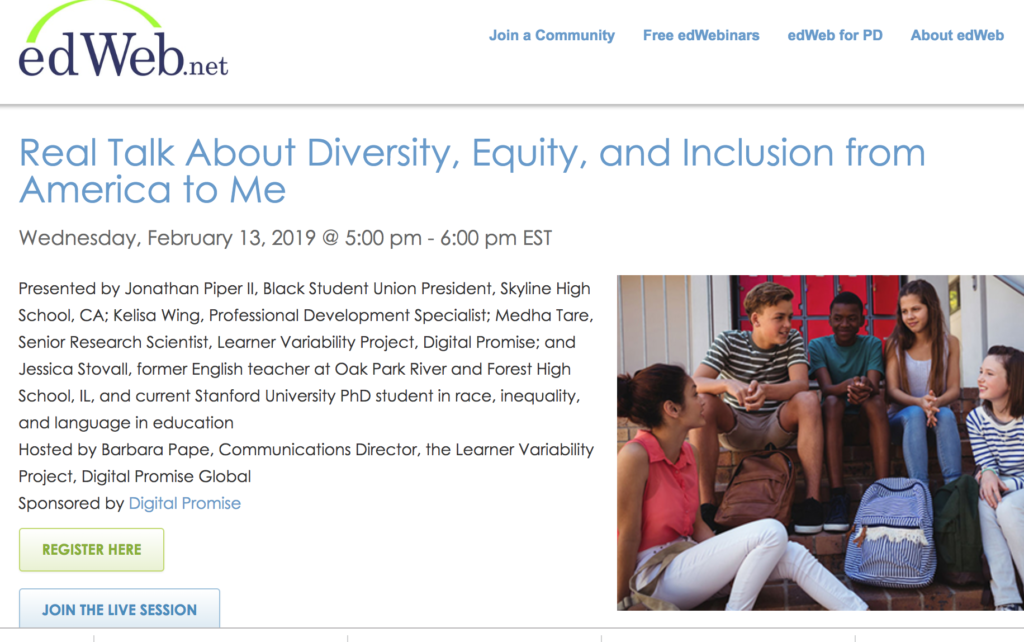
America to Me is a ten-part docuseries by Academy Award nominated director Steve James (Hoop Dreams, Life Itself, The Interrupters) which follows a year in the life of students, teachers, and administrators at Oak Park and River Forest High School near Chicago. The series deals with issues of race and privilege within a well-resourced, racially-integrated… Read More ›
Testing for Real-World Performance Online Summit
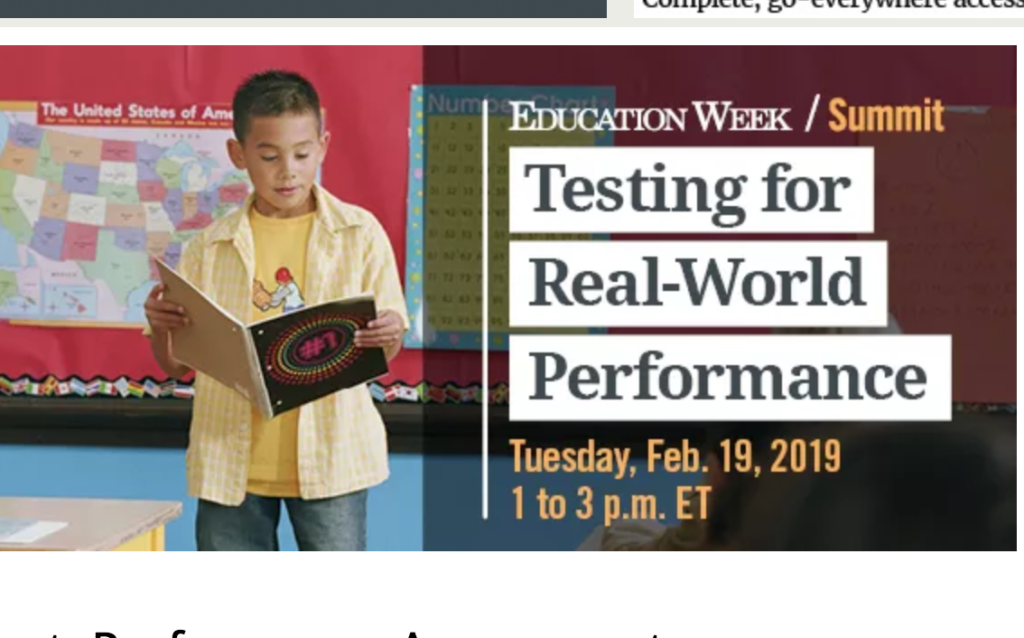
This free online summit, hosted by Education Week, is an opportunity for educators and other interested stakeholders to take part in a series of peer-to-peer discussions around performance assessments. The conversations will focus on evaluating students through group work, projects, and portfolios. Participants will get a big-picture look at the current state of performance assessment and learn… Read More ›
Here’s What Happened When Students Solved Social Media Problems With Design Thinking
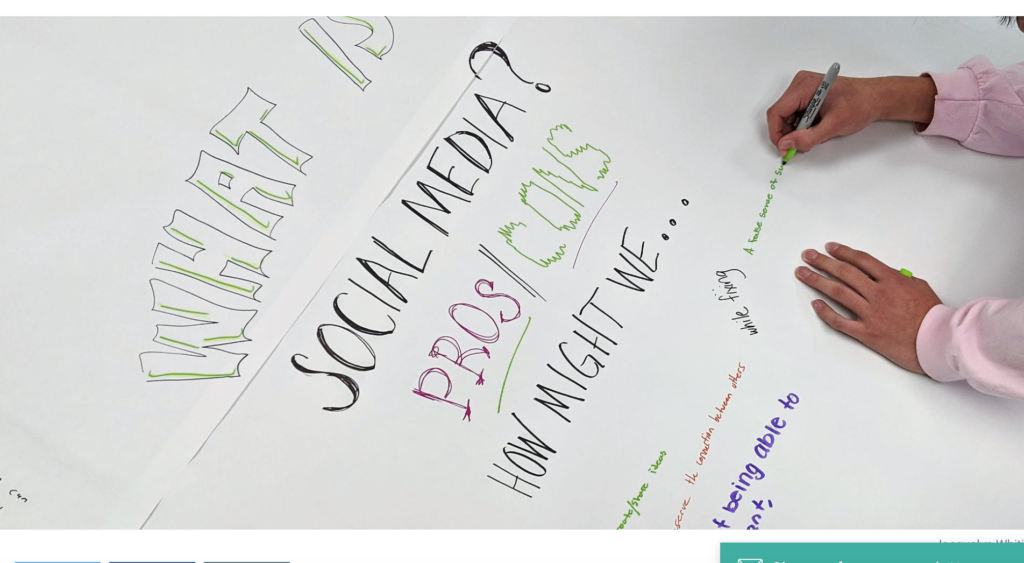
This article provides a peek into a student-centered classroom. In this elective high school course on digital literacy students used a design-thinking process to table an issue of importance to them. Students brainstormed concerns around the use of social media and came up with potential solutions. This article could be a great conversation starter for… Read More ›
Could Giving Parents Homework Help Students?
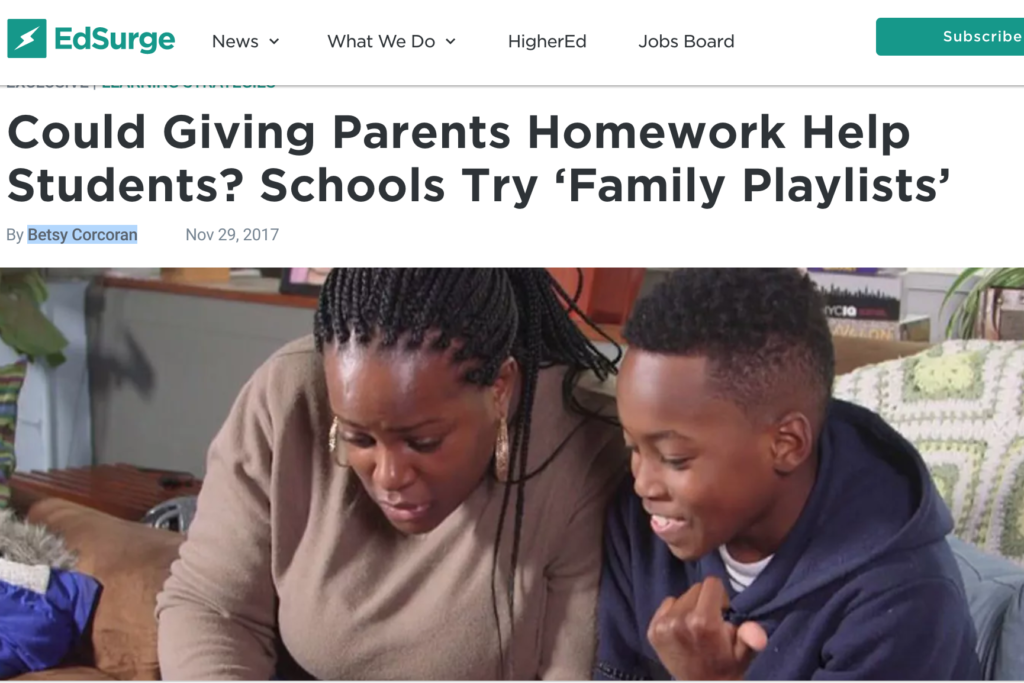
This article describes a pilot program to include families in student’s learning conducted by the nonprofit, PowerMyLearning, at South Bronx Preparatory. Once every one to two weeks teachers assign family playlists, homework that includes two project-based activities, one for the student and another in which the student teaches the concept to a family member. This… Read More ›
Assessments Can Support, Not Just Measure, Student Learning
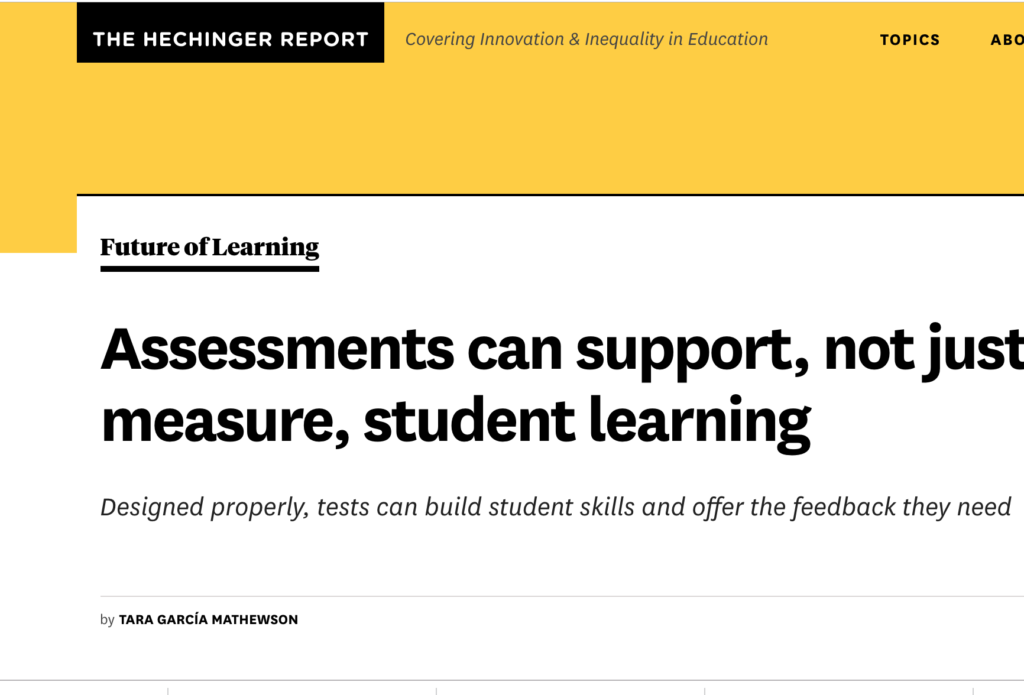
This article looks at the work being done by The Assessment for Learning Project to recognize assessment as a positive part of the learning process. The initiative, which has awarded grants to 17 teams of education leaders at the school, district and state levels; advocates assessment systems that empower students, lead to greater equity and… Read More ›
Inquiry-Based Tasks in Social Studies
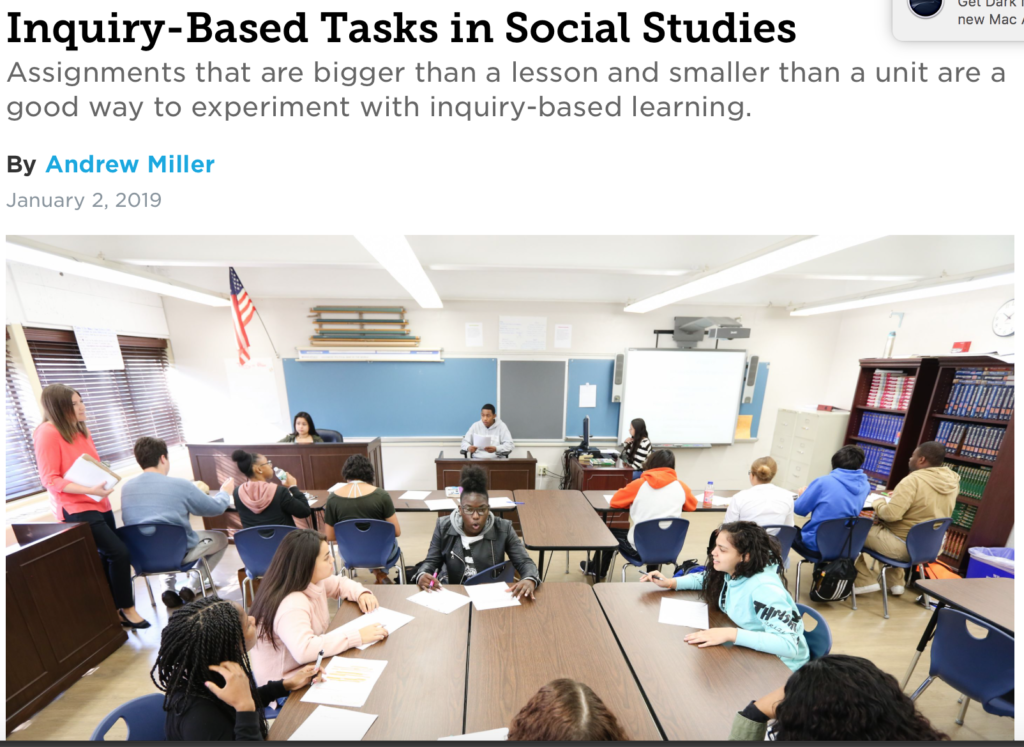
This article explores ways to foster deep learning in social studies classrooms. The author, a classroom teacher and instructional coach, discusses how to introduce inquiry-based tasks. He notes this approach can be used for explorations that are bigger than a lesson but smaller than a whole unit. Inquiry-based tasks may be a manageable way for… Read More ›
Student-Driven Restorative Justice
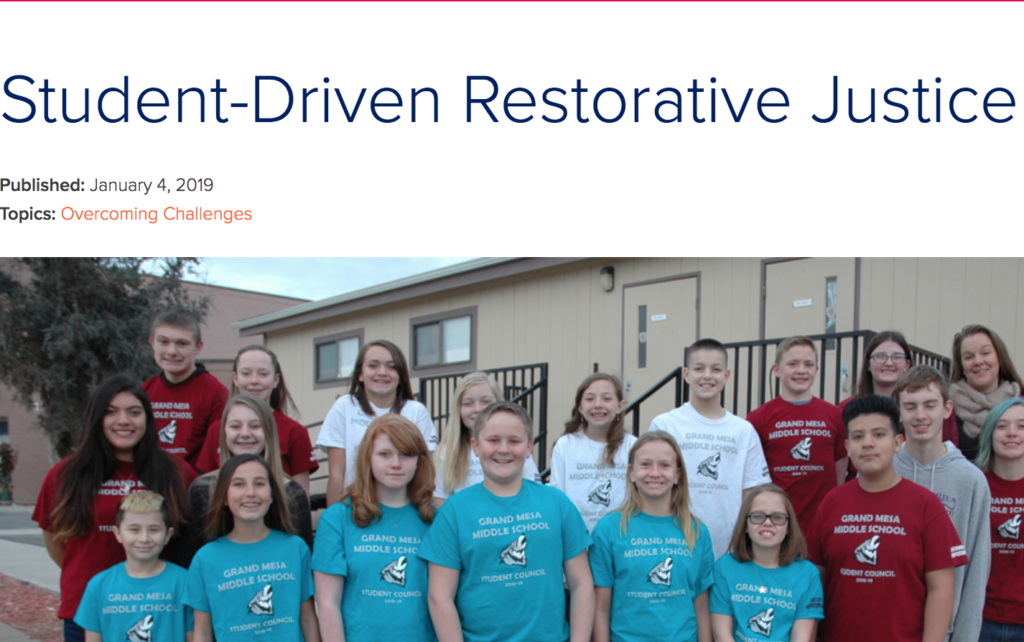
This article looks at the restorative justice circles established by students at Grand Mesa Middle School in Grand Junction, Colorado. Student Council members at the school decided to focus on the introduction of restorative justice circles in response to surveys they administered that indicated conflicts between students was a top concern for the student body.… Read More ›
Building Public Awareness: Framing That Works Explaining Complex K-12 Initiatives to the Community
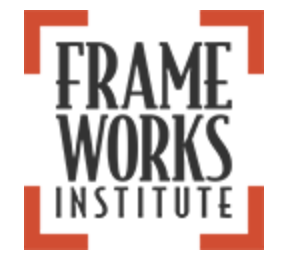
Whatever the educational challenge—improving assessments, personalizing learning environments, or advancing equity—public thinking plays a role in the solution. And the way the issue is framed for the public has a big effect on levels of support and engagement in the issue. During this webinar, staff from FrameWorks Institute will help educators and advocates decide where… Read More ›
Four Feet on the Ground: The Youth-Adult Partnership “Teeter-totter Effect”

The personalization of learning requires the relationship of students and teachers to shift to partnership and shared responsibility. Educational change in Vermont has also opened the door to unprecedented opportunities for young people to be central to change, rather than passive recipients. However, there are few roadmaps for shifting our mental models and practices to… Read More ›
Programming for Personalization: Using Computer Science Resources in Support of a Student-Centered Learning Environment

This e-guidebook provides a set of resources and strategies to help educators empower students to build digital literacy and computational thinking competencies across disciplines. It includes an overview of each resource, how that resource might support student-centered strategies, and examples of how to use the resource in a variety of classrooms. Resources include: Scratch Code Academy… Read More ›
Can Restorative Practices Improve School Climate and Curb Suspensions?

This report from the RAND Corporation looks at restorative practices. Many feel restorative practices can empower students by changing how discipline is enforced and by improving school climate by purposefully building relationships between students and adults as well as fellow students. This study of the implementation of a particular program which utilizes restorative practices in the… Read More ›
Productive Problem Finding

This resource developed by Distinguished Fellow alumnus Frank LaBanca is designed to introduce “problem finding” as a tool for student-centered learning. When students look and find problems, they engage in a creative process to develop and define an idea for a study. Through problem-finding, students set objectives, define purposes, decide what is interesting and ultimately… Read More ›